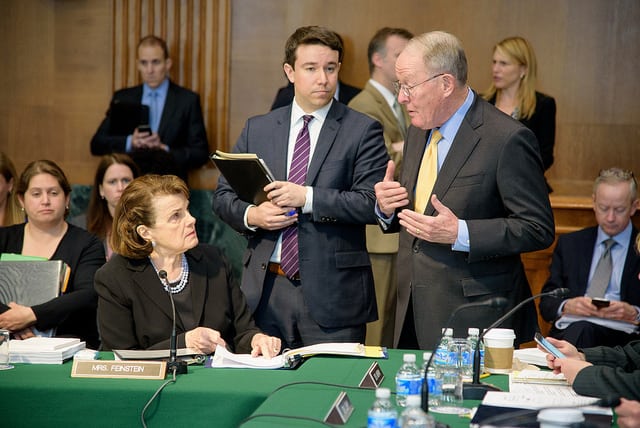
RadWaste Monitor Vol. 12 No. 13
Visit Archives | Return to Issue PDF
Visit Archives | Return to Issue PDF
RadWaste & Materials Monitor
Article 1 of 7
March 29, 2019
Senators Could Press Again for Interim Nuclear Waste Storage

A bipartisan group of U.S. senators suggested Wednesday it is gearing up for another legislative campaign to authorize interim storage of the nation’s growing stockpile of nuclear waste.
Senate Appropriations energy and water development subcommittee Chairman…
Partner Content